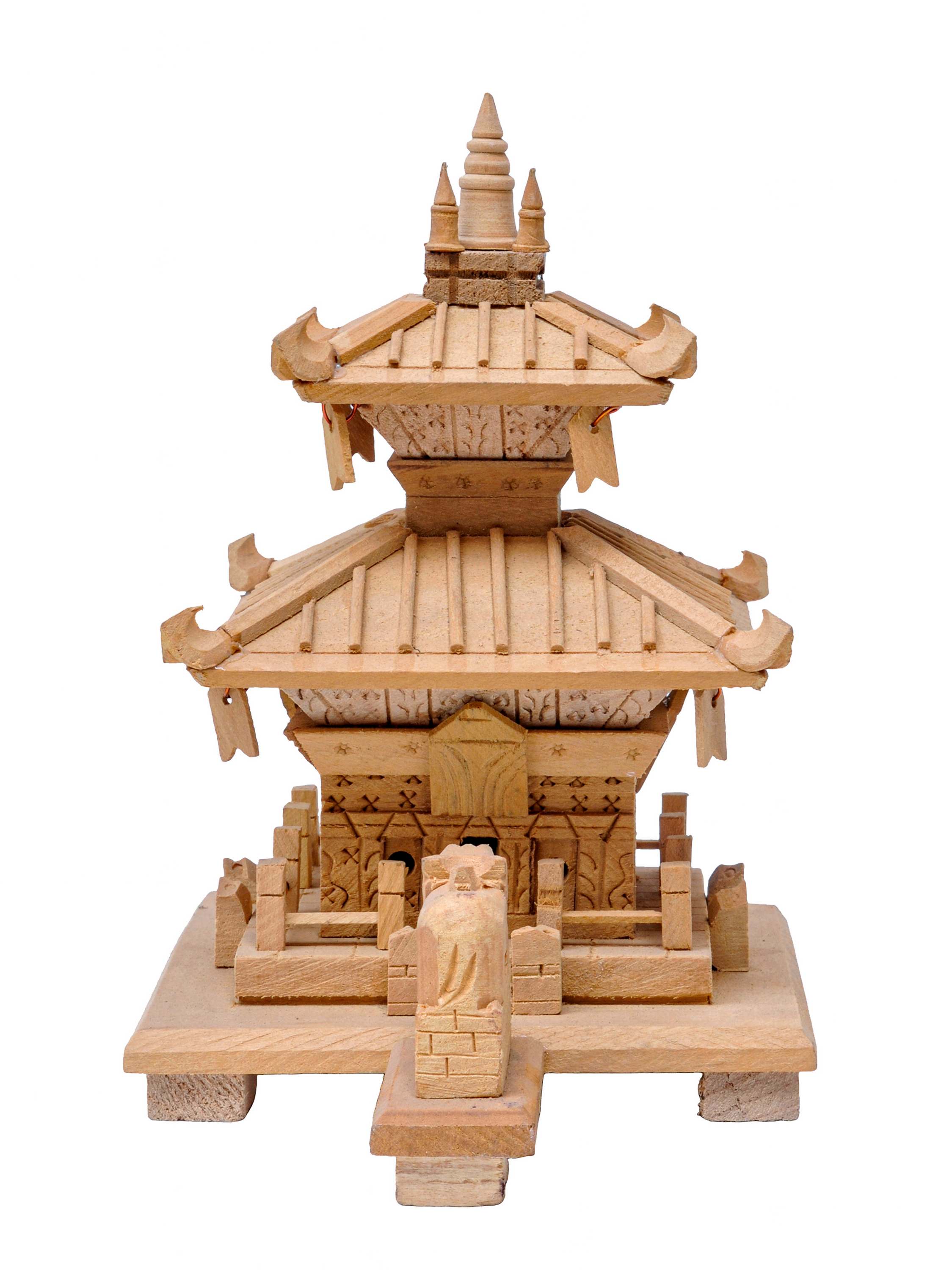Loading Content..

Nepali Handmade Replica of Pashupatinath Temple, Color Option: Chocolate Color and Black Color, Natural Wood |
|
| Code | HME28700 |
| Size |
Height 17cm (7") Width 16cm (6") Depth 11cm (4") |
Weight | 220 gm - 0.49 lbs |
| Material | Wood |
| Availability | Available |
| Quantity | PCS |
US$ 36.00
|
Item location: kathmandu, Nepal
Worldwide shipping
We normally dispatch the product in 2-5 business days. Else Buyer will be infromed personally about the dispatch Date.
Welcome to Handmade Handicraft
At Handmade Handicraft, we prioritize simplicity, reflected in our user-friendly website design. We have streamlined the process so everything you need is just a click away.
While our website does not support online shopping, we've incorporated a convenient shopping cart system to assist you in sending us your inquiries. Please note, we do not process payments on our site. All transactions will be handled via email, respecting the inquiries you submit.
Should you encounter any issues while submitting your inquiries, please contact us via mobile app, email, or follow the procedure outlined below. We've provided documentation to guide you through the selection process.
In every product you will find Order Now and Quick Inquiry buttons, they are the two process of sending us your enquiry.
Loading..
Please wait for the page to fully load for optimal functionality.
Loading Content..